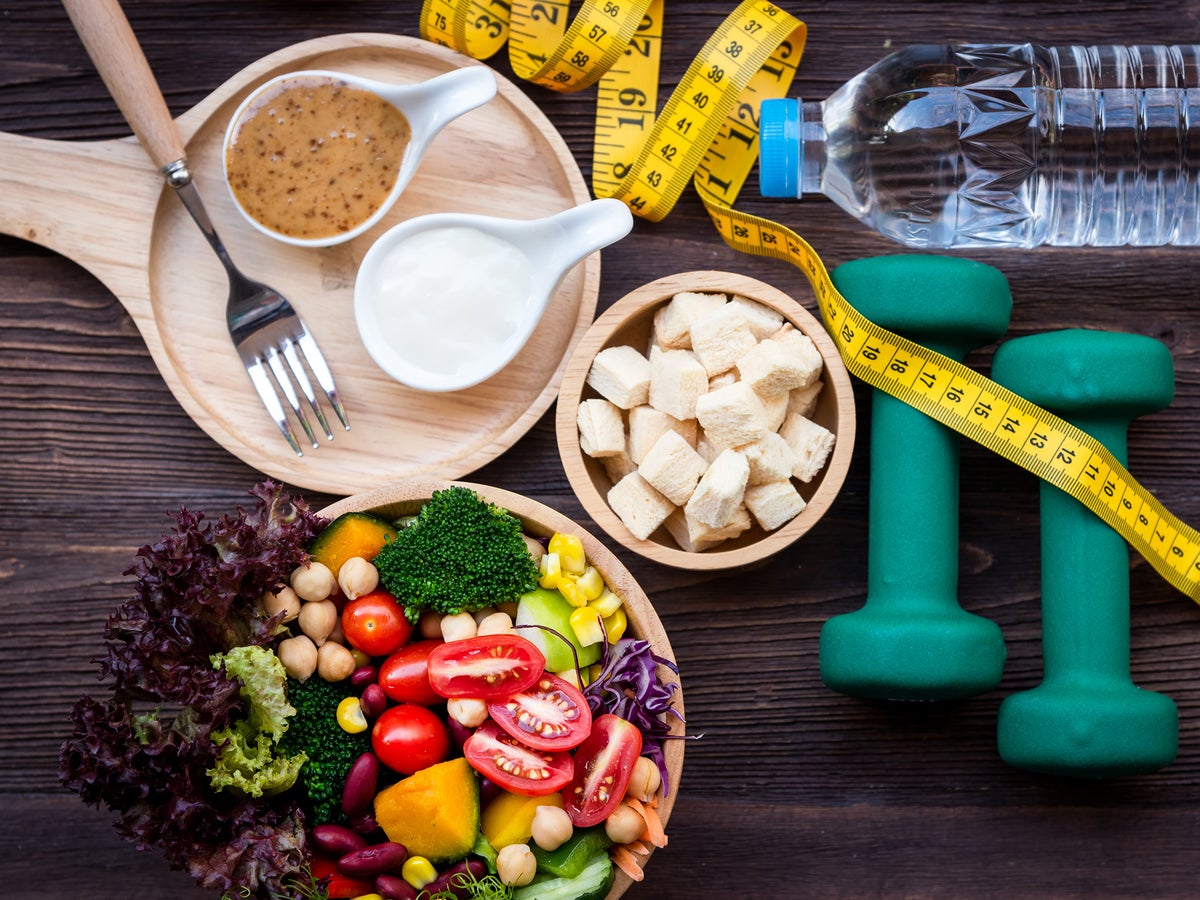In a world saturated with fad diets and quick-fix solutions, there is one timeless truth that remains steadfast: the power of whole foods in fueling your fitness journey. Amidst the chaos of processed meals and artificial additives, whole foods stand as a beacon of nourishment, vitality, and sustainability. Join us as we explore the undeniable link between whole foods and peak physical performance, and discover the transformative benefits that come from embracing nature’s bounty.

Maximizing Performance with Nutrient-Dense Foods
When it comes to maximizing performance and fueling your fitness, the power of whole foods cannot be underestimated. Nutrient-dense foods are packed with essential vitamins, minerals, and antioxidants that not only nourish your body but also optimize your physical and mental performance.
By incorporating a variety of nutrient-dense foods into your diet, you can ensure that your body is getting the fuel it needs to perform at its best. From leafy greens and colorful fruits to lean proteins and healthy fats, each food group plays a vital role in supporting your overall health and fitness goals.
Here are some nutrient-dense foods to consider adding to your diet:
- Leafy greens: Spinach, kale, and Swiss chard are rich in vitamins and minerals that support energy production and muscle function.
- Berries: Blueberries, strawberries, and raspberries are high in antioxidants that help reduce inflammation and improve recovery.
- Quinoa: This whole grain is a complete protein source, making it an excellent choice for post-workout meals.
- Salmon: Packed with omega-3 fatty acids, salmon supports heart health and reduces muscle inflammation.
How Whole Foods Impact Recovery and Muscle Growth
When it comes to optimizing your recovery and muscle growth, whole foods play a vital role in providing your body with the necessary nutrients and energy it needs to perform at its best. Incorporating a variety of whole foods into your diet can help fuel your fitness journey and support your overall wellness.
Whole foods are natural, unprocessed foods that are rich in vitamins, minerals, antioxidants, and fiber. These nutrient-dense foods can help improve your energy levels, promote muscle repair and growth, and enhance your overall performance in the gym.
Some examples of whole foods that can benefit your recovery and muscle growth include:
- Lean proteins: such as chicken, turkey, fish, tofu, and beans
- Complex carbohydrates: like sweet potatoes, quinoa, brown rice, and whole grain bread
- Healthy fats: such as avocados, nuts, seeds, and olive oil
- Fruits and vegetables: packed with essential vitamins, minerals, and antioxidants
The Importance of Quality Fuel for Endurance Training and Energy Levels
Eating whole foods that are high in quality nutrients is essential for fueling your body during endurance training. These foods provide the necessary energy to sustain long workouts and help improve performance. By consuming a balanced diet rich in whole foods, you can effectively replenish glycogen stores, enhance muscle recovery, and boost your overall energy levels.
Whole foods also offer a wide range of vitamins, minerals, and antioxidants that support optimal health and immune function. This is crucial for athletes who are constantly putting stress on their bodies through intense training sessions. By prioritizing nutrient-dense foods, you can help reduce inflammation, prevent illness, and promote faster recovery times.
When choosing your fuel for endurance training, opt for whole foods over processed products. These nutrient-rich options will not only help you perform better during workouts but also support your overall health and well-being. Remember, food is fuel – choose wisely to power your fitness journey.
Creating Balanced Meals for Optimal Athletic Performance
When it comes to fueling your fitness, the power of whole foods cannot be overstated. Whole foods are nutrient-dense, meaning they provide a wide range of essential vitamins and minerals that are vital for athletic performance. By incorporating a variety of whole foods into your meals, you can ensure that your body is receiving the fuel it needs to perform at its best.
One key aspect of is to include a mix of carbohydrates, protein, and healthy fats. Carbohydrates are the body’s primary source of energy, so it’s important to include complex carbs like whole grains, fruits, and vegetables in your diet. Protein is essential for muscle repair and growth, so be sure to include lean sources like chicken, fish, and tofu. Healthy fats, such as those found in avocados, nuts, and olive oil, are important for overall health and can help provide sustained energy for workouts.
By focusing on whole foods and creating balanced meals that include a mix of carbohydrates, protein, and healthy fats, you can fuel your fitness and optimize your athletic performance. Remember to listen to your body and adjust your meals accordingly based on your individual needs and goals. With the right fuel, you can reach new heights in your fitness journey.
In conclusion, the power of whole foods in fueling your fitness journey cannot be overstated. By incorporating nutrient-dense, natural foods into your diet, you can optimize your performance, enhance recovery, and ultimately reach your fitness goals. So next time you hit the gym or hit the pavement, remember to nourish your body with whole foods to unleash your full potential. Here’s to a stronger, healthier you!
